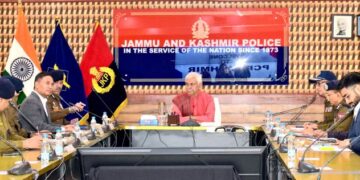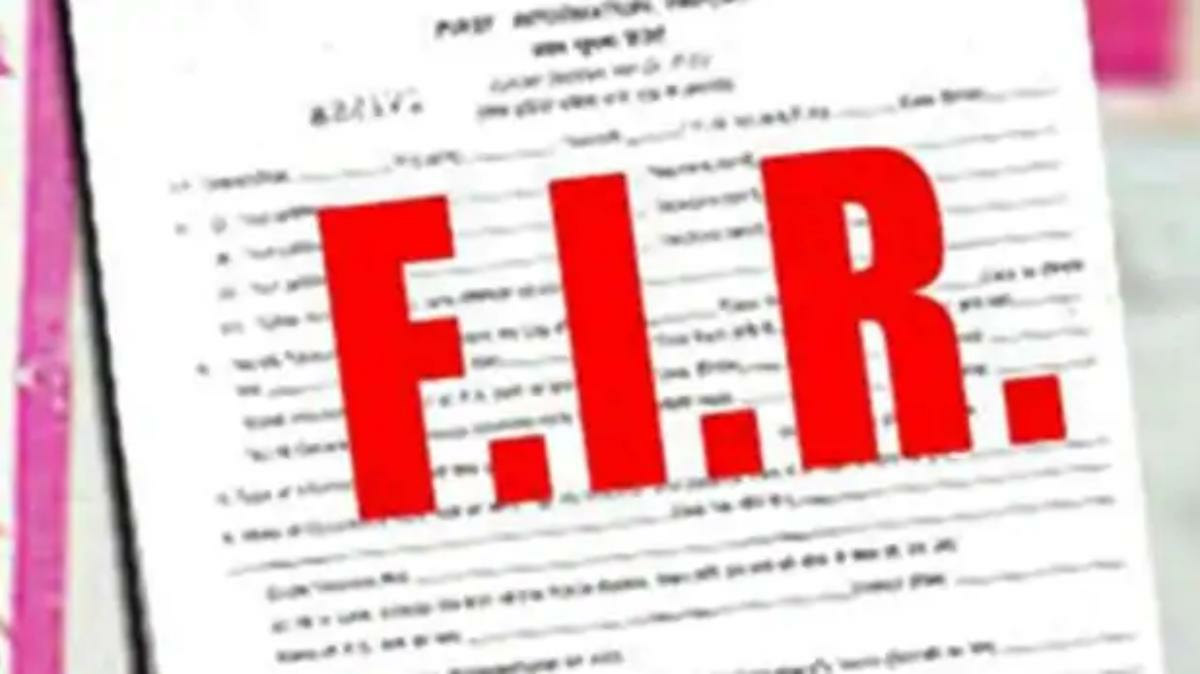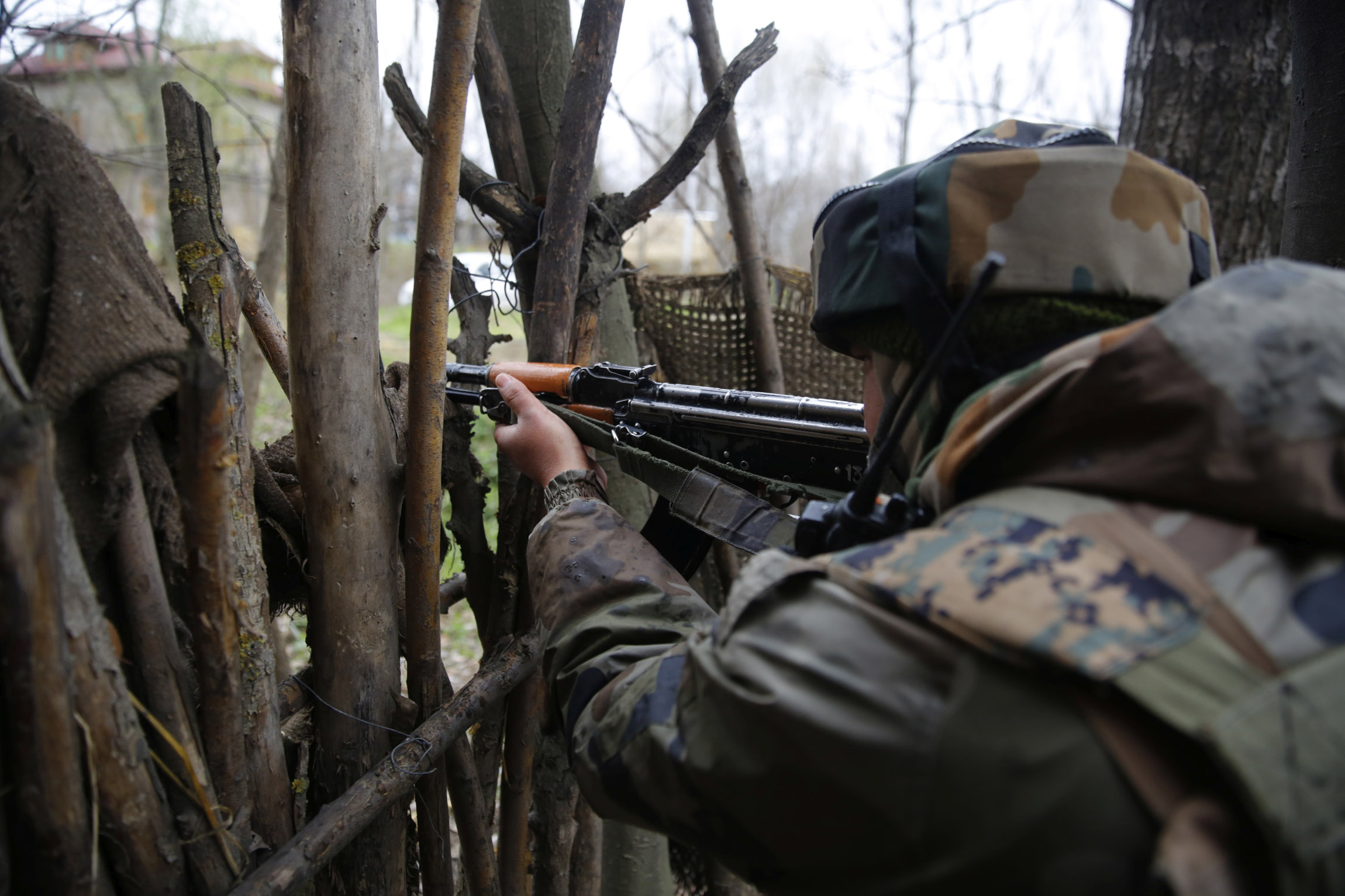New Delhi: In a strong message, External Affairs Minister S Jaishankar on Wednesday told his Chinese counterpart Wang Yi that the unprecedented incident in Galwan Valley will have a serious impact on the bilateral relationship and asked China to take corrective steps.
Jaishankar and Wang held a telephonic conversation in the wake of Monday night’s violent clash between the two armies in Galwan Valley in which 20 Indian Army personnel including a Colonel were killed.
“The external affairs minister conveyed the protest of the government of India in the strongest terms on the violent face-off in Galwan Valley on June 15,” the Ministry of External Affairs said.
It said Jaishankar referred to a meeting between senior military commanders of the two sides on June 06 where an agreement was reached on de-escalation and disengagement along the Line of Actual Control (LAC).
Jaishankar conveyed to Wang that while there was some progress on the situation, the Chinese side sought to erect a structure in Galwan valley on the Indian side of the LAC.
“While this became a source of dispute, the Chinese side took pre-meditated and planned action that was directly responsible for the resulting violence and casualties,” the MEA said giving details of the conversation.
Jaishankar conveyed that it reflected an intent to change the facts on ground in violation of all the agreements to not change the status quo.
“The External Affairs Minister underlined that this unprecedented development will have a serious impact on the bilateral relationship. The need of the hour was for the Chinese side to reassess its actions and take corrective steps,” the MEA said.
“The two sides should scrupulously and sincerely implement the understanding that was reached by the senior commanders on June 06,” it said.
“Troops of both sides should also abide by the bilateral agreements and protocols. They should strictly respect and observe the Line of Actual Control and should not take any unilateral action to alter it,” the MEA said.
In the talks, it was agreed that the overall situation would be handled in a responsible manner, and both sides would implement the disengagement understanding of June 06 sincerely, the MEA said.
In a statement, the Chinese Foreign Ministry said the two sides agreed to deal “fairly” with the serious events caused by the conflict in the Galwan Valley, jointly abide by the consensus reached at the military-level meetings between the two sides, “cool down the situation on the ground as soon as possible”, and maintain peace and tranquility in the border area in accordance with the agreement reached so far between the two countries.
Wang said the two sides should follow the important consensus reached by the leaders of the two countries and strengthen the communication and coordination on the proper handling of the border situation through the existing channels so as to jointly maintain peace and tranquility in the border area, according to the statement.
China claims sovereignty over Galwan Valley
Beijing: China on Wednesday claimed that the sovereignty over the Galwan Valley area in Ladakh “always belonged to it” but underlined that Beijing does not wish to see “more clashes,” after the militaries of the two countries were engaged in the biggest confrontation in over five decades.
At a briefing at the Chinese Foreign Ministry, spokesman Zhao Lijian said the “sovereignty of the Galwan Valley area has always belonged to China,” echoing a statement of the Chinese military on Tuesday, opening up another dispute.
When asked since Galwan is regarded as settled border and why China is claiming sovereignty over the area now, Zhao said, “regarding the mater of the Galwan area we are having communication through military and diplomatic channels. Right and wrong of this is very clear. This happened at the Chinese side of the border and China is not to be blamed for it.”
He also refused to comment on reports of 43 casualties on the Chinese side during the face-off with the Indian Army in the Galwan Valley on Monday night.
“The border troops are dealing with relevant matter,” he said.
When pointed out that the India has released the number of casualties and why Beijing was not providing the number for Chinese side, he said, “I have stated that Chinese and Indian border troops are now jointly dealing with the relevant matter on the ground. I have nothing to add at the moment.”
Responding to a question whether further clashes could be averted, the spokesman said, “from the Chinese side we do not wish to see more clashes.”
“Closely monitoring” India-China border row: US
Russia hopes neighbouring countries will resolve border conflict themselves
Washington/ Moscow: The US is “closely monitoring” the situation following a fierce clash between Indian and Chinese forces in eastern Ladakh, and hopes that the differences will be resolved peacefully, a senior State Department official has said.
Twenty Indian Army personnel, including a Colonel, were killed in the clash with Chinese troops in the Galwan Valley on Monday night, the biggest military confrontation in over five decades that has significantly escalated the already volatile border standoff between the two countries.
“We are closely monitoring the situation between Indian and Chinese forces along the Line of Actual Control,” the State Department spokesperson said on Monday.
“We note the Indian military has announced that 20 soldiers have died, and we offer our condolences to their families,” the official said.
Both India and China have expressed their desires to de-escalate and the US supports a peaceful resolution of the current situation, the spokesperson said.
“During their phone call on June 02, 2020, President Donald Trump and Prime Minister Narendra Modi had discussed the situation along the India-China border,” the official added.
Meanwhile, Russia on Wednesday said it is concerned over a fierce clash between Indian and Chinese soldiers in eastern Ladakh, but believes that both of its close allies can resolve the conflict themselves.
“Certainly, we are watching with great attention what is happening on the Chinese-Indian border. We believe that this is a very alarming report,” Russian Presidential spokesman Dmitry Peskov told reporters.
“But we consider that the two countries are capable of taking necessary steps to prevent such situations in the future and to ensure that there is predictability and stability in the region and that this is a safe region for nations, first of all, China and India,” Russian news agency Tass quoted Peskov as saying.
The Kremlin spokesman emphasised that China and India are Russia’s close partners and allies, and “have very close and mutually beneficial relations (with Russia) built on mutual respect.”
Foreign Minister Sergei Lavrov said Russia welcomed contacts between the two nations to de-escalate the situation.








